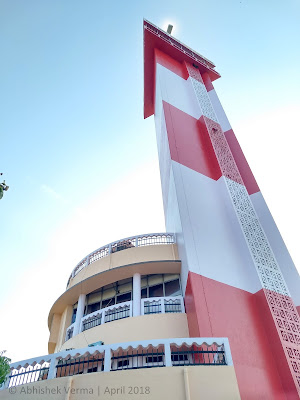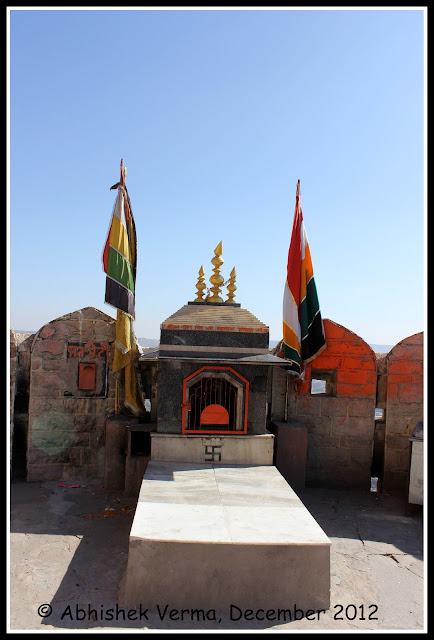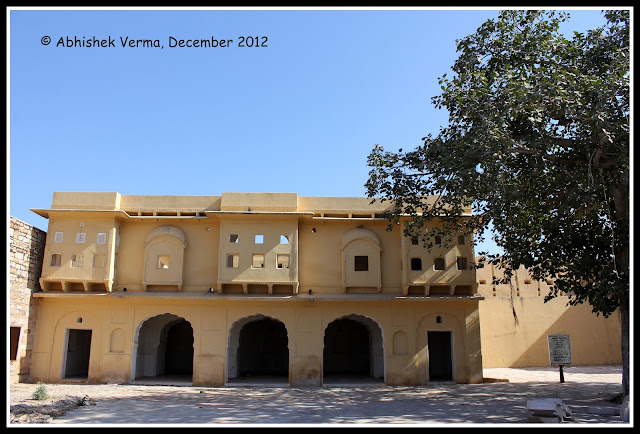A discussion on Irani Cafe's in Pune with a fellow group member on facebook resulted in a debate on which one serves the best bun maska in town. And, the thirst of deciphering the truth led us to Vohuman Cafe.
This place opens up at like 6:00 a.m which was way early for us considering that we hit the bed late after Friday night. Nevertheless, the fear of having to wait in along queue with our stomachs grumbling as we sniff the aroma of butter and cheese omelette made us drive off to the place at 8:00 a.m
Reaching the place was fun as the roads were pretty much deserted in the early morning and we could just whizz past the very roads that turn into a traffic nightmare on the weekdays. However, getting parking near Vohuman for our two-wheelers turned out to be a task. It was just 8:00 a.m on a weekend and there were so many vehicles by the roadside!
Having found a parking spot a few minutes later we rushed off to the Cafe. We were greeted by a guy wearing a yellow T-shirt who promptly took down our names and told us that we would have to wait for a few minutes owing to the rush. Thankfully, we got a place in about 10 minutes.
 |
| The entrance of the Cafe |
Vohuman Cafe has two small sitting areas, one on the ground floor and another on the floor above. To the right of the entrance is the L-shaped counter where one can see a worker setting up bun maskas as if he were a machine. And if you are in a long queue then the sight of this guy spreading generous dollops of butter on the bread is definitely going to make your mouth water and test your patience.
 |
| Ground floor dining area |
 |
| First floor dining area |
The cafe was well lit and had a somewhat modern touch to it. Walking up the stairs, we instantly noticed a picture of "Bawaji" the restaurant owner with several celebrities including Salman Khan. The staff at the Cafe will tell you that the iconic eatery has been visited several times by Salman. So who knows, maybe you land up meeting a bollywood star as you sip your tea in your trackpants!
The moment we reached the end of the stairs, a huge board displaying the menu of the Cafe caught our attention. The menu is to be honest is very limited and is essentially based on two things - Butter and Egg !
We ordered pretty much the same thing as the patrons on the adjacent table. The standard - bun maska, chai, two slice butter and cheese omlette. The small menu that too with most of the items being egg based was a problem for my vegetarian friends who had to settle for the bun maska and bread butter. The breakfast was good but nothing startlingly different from what we have had before.
We ordered pretty much the same thing as the patrons on the adjacent table. The standard - bun maska, chai, two slice butter and cheese omlette. The small menu that too with most of the items being egg based was a problem for my vegetarian friends who had to settle for the bun maska and bread butter. The breakfast was good but nothing startlingly different from what we have had before.
 |
| Our order - Bun maska, chai, two slice bread butter and one egg cheese omlette |
After the meal it was a long ride home as we ended up getting stuck in traffic at every signal.
How to get there??
(The map provided above is from Baner. You can search the name of the Cafe and set the route from your location on Google Maps.)
Vohuman Cafe is located at a walking distance of a few hundred meters from Pune railway station. One can take the overhead walkway bridge accessible from the station platform and come out at the backside of the station. From here its a mere 5 to 10 min walk to the cafe. The proximity of the cafe to the railway station makes it a lucrative option for travellers plying early morning to and fro from Pune (especially daily commuters on the Mumbai-Pune route).





















































